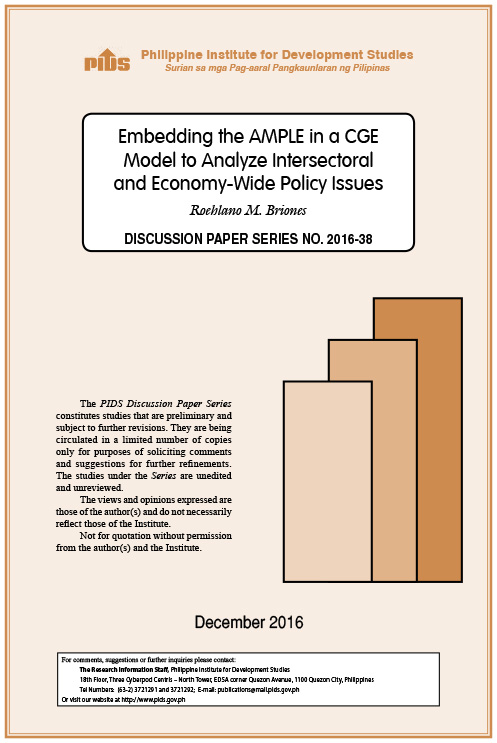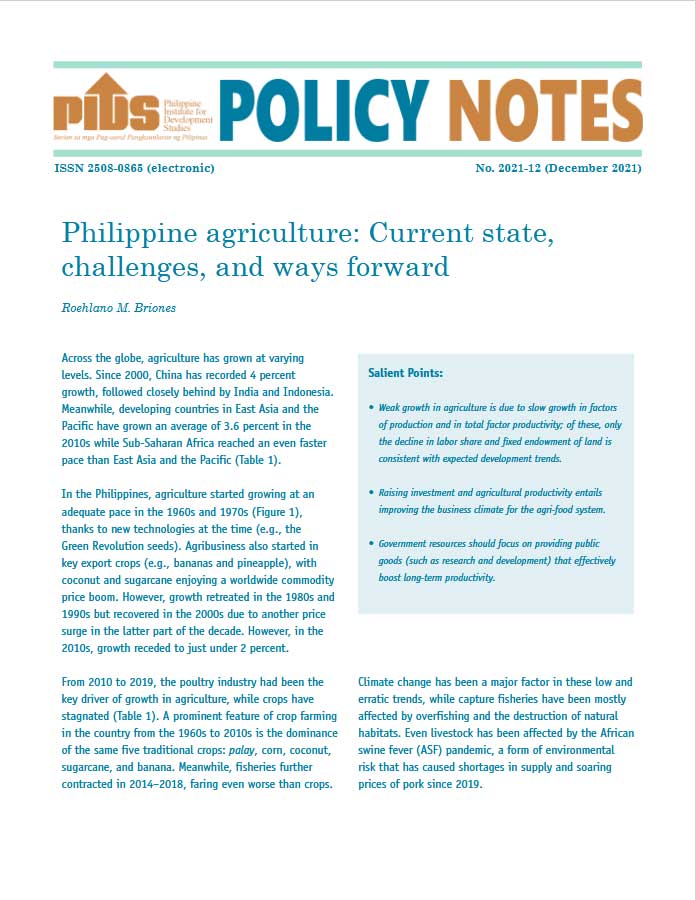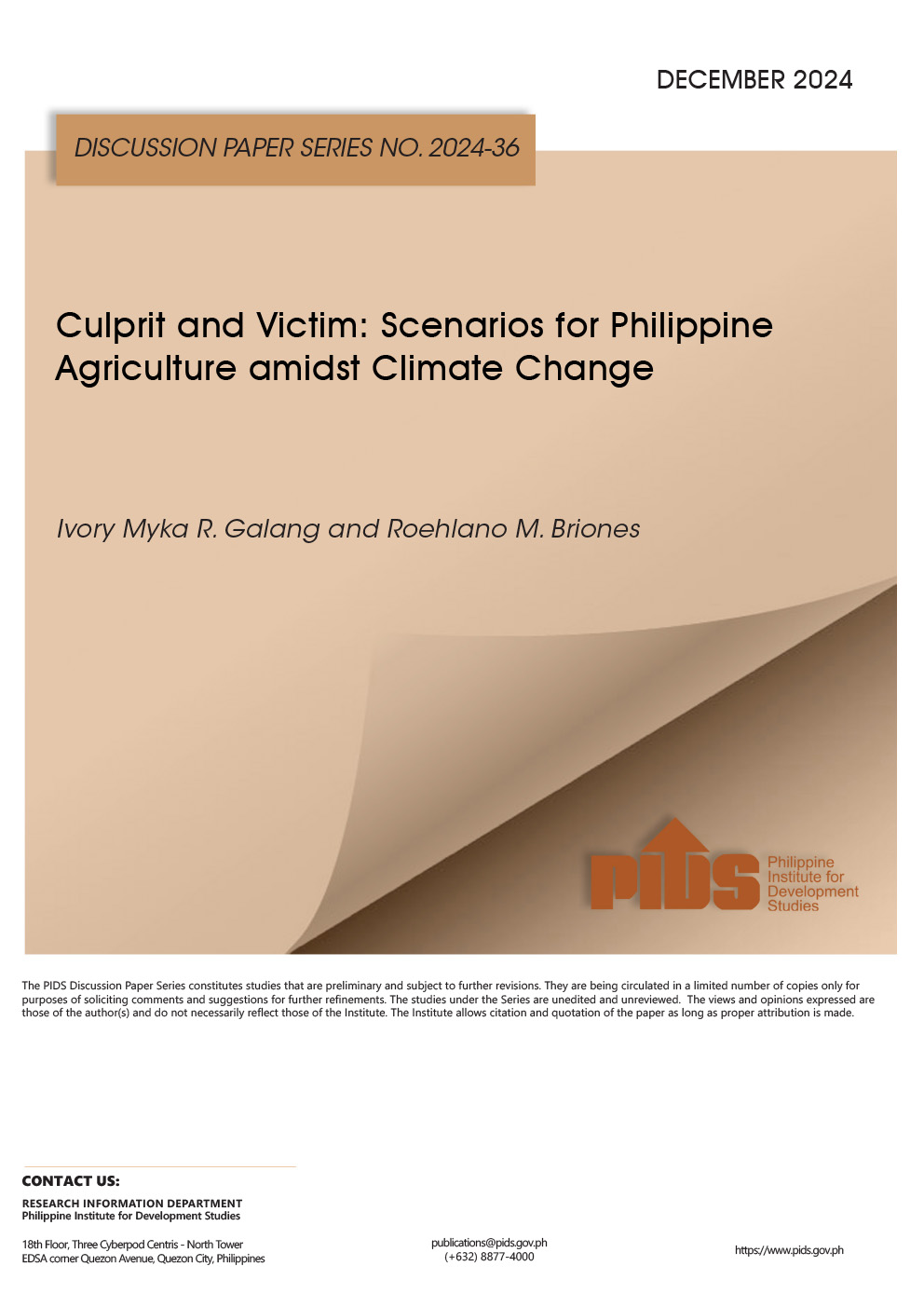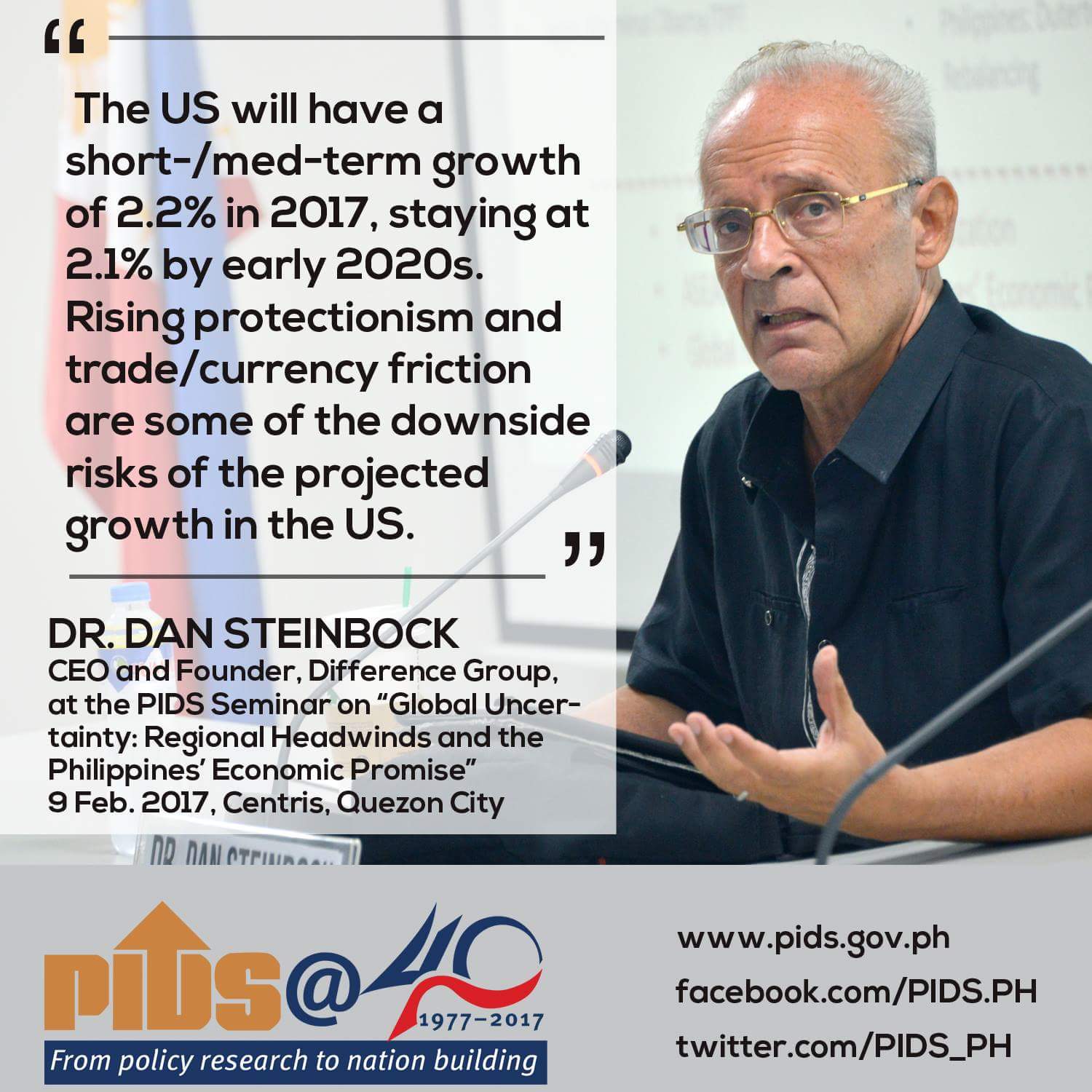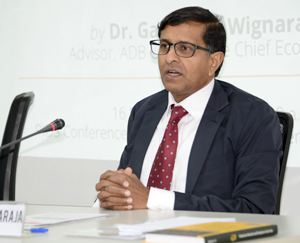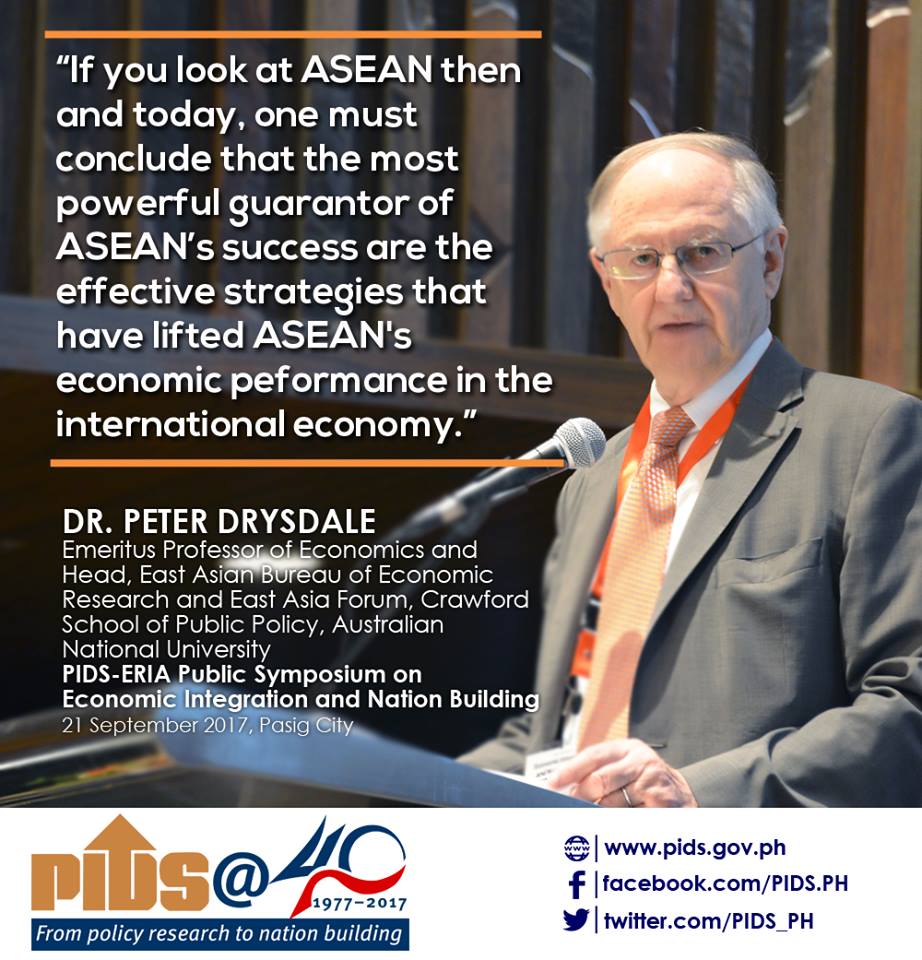Alcala tells us that protectionism is nationalism and our farmers benefit greatly when trade barriers shield their products from foreign competition. According to Alcala, our farmers benefit because protectionism strengthens their sector, while providing consumers with affordable, locally-grown agricultural products like rice. The reality is far from what Alcala is saying. What we have seen is that the country’s agricultural sector has continued to decline over the years despite protectionist policies. Experts have repeatedly pointed out that a "protectionist policy environment” which imposes restrictions in the importation of agricultural products, supposedly to protect our farmers against "unfair competition,” has hurt more than helped the agricultural sector. On the other hand countries that have opened their borders to international agricultural trade — like Japan, China, South Korea, and our Asean neighbors, Thailand, Malaysia, and even Vietnam — have seen robust growth for their agricultural sector. Their consumers enjoy commodities at more affordable prices while their countries have gone on to strengthen export-oriented industries where they are most competitive. In reviewing our country’s protectionist policy for agricultural imports, our policy makers might find helpful the 2013 discussion paper entitled "Philippine Agriculture: Threat and Opportunities from Global Trade” of Dr. Roehlano Briones for the government think-tank Philippine Institute for Development Studies (PIDS). In his paper, Briones compared two models of agricultural development. The first is a "protectionist approach” typical of the country’s current "highly conservative” outlook; the second is the "alternative,” which advocates the engagement of Philippine agriculture with the global market, "through trade and specialization on comparative advantage”.
Related Posts
Publications
Press Releases
Video Highlights
[No related items]
Infographics
[No related items]

